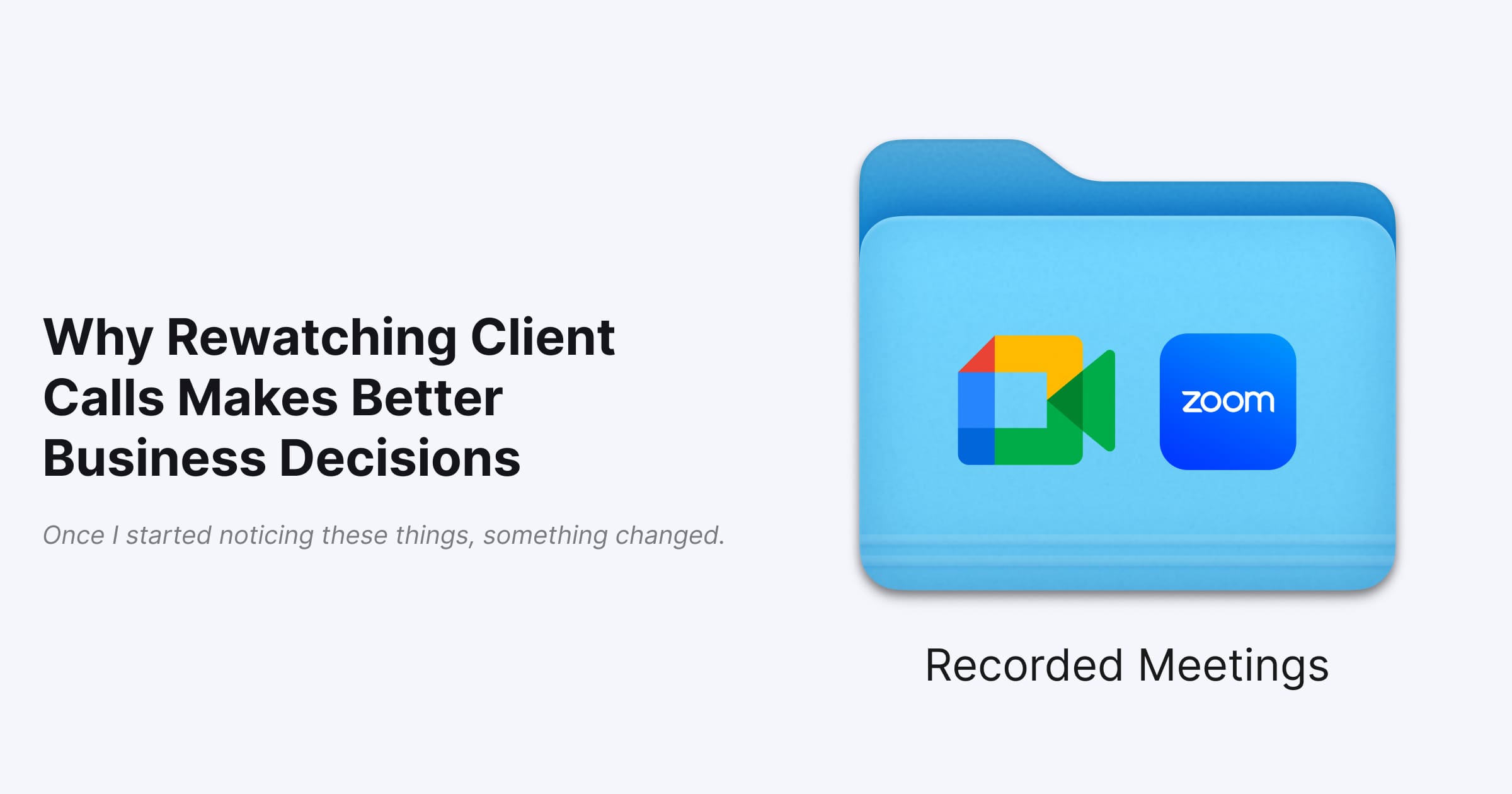Carbon Accounting and Its Importance for Your Business

Although ‘carbon accounting’ might feel like a novel term, it has actually been around since 1997, when it was established as part of the Kyoto Protocol.
In recent years, an increasing number of organizations have been striving to reduce carbon emissions and turn carbon neutral. But, what exactly is carbon accounting, and why should your business care about it? This blog will cover the basics of carbon accounting and the reasons that it might be important for your organization.
The Basics of Carbon Accounting:
In a nutshell, carbon accounting refers to a set of practices that calculates the amount of carbon that a country or company produces.
You can divide carbon accounting into the following two categories:
- Physical Carbon Accounting:
This carbon accounting method involves measuring both indirect and direct carbon emissions into the atmosphere brought about as a result of a country’s or company’s industrial activities. This value is also referred to as the GHG (Greenhouse Gas) inventory.
- Financial Carbon Accounting:
This method calculates the amount of carbon being emitted by a country or company and then assigns a monetary value to it. Financial institutions also employ financial carbon accounting to determine the GHG emissions being financed through their investments and loans.
The Business Importance of Carbon Accounting:
Once deemed little more than a ‘good to have’, carbon accounting has evolved to become an industry-standard prerequisite for a number of businesses.
The main reason that carbon accounting is important is that only through learning about your company’s GHG emission levels can you establish realistic reduction targets.
Secondly, this process enables you to allocate responsibility to the various departments of your organization and value chain with regards to their contributions to your company’s overall carbon emissions. This can also enable you to optimize the various operational processes and save money.
This means that not only is carbon accounting an effective way of measuring and quantifying your business’ carbon emissions, but it can also help you make informed decisions about your mitigation and carbon strategies. For instance, if you discover that your business is drastically overusing electricity, you could then work towards finding ways to reduce electricity consumption (through wind turbines or solar power, for example) and save money. Similarly, if your company vehicles are being used too frequently or require too much fuel, you could consider turning towards electric cars or find ways to reduce the travel frequency (through video conferencing, for example).
Final Word:
To sum up, comprehensive insights regarding business’ carbon production and absorption is a crucial requirement in the fight against climate change.
Oxia’s Carboscope is an online platform that provides you with the information and data needed in order to assess the carbon impact of your operational and investment strategies. It produces this information through its Positive Carbon Impact Screening, which assesses the avoidance or reduction of GHG emissions. In addition, Oxia’s Carbon Risk Analysis identifies a portfolio’s exposure to carbon- and climate-related risk.
To know more about Oxia and how it can help optimize your company’s carbon emissions, please feel free to reach out to us.
Ready to grow?
Tell us a bit about your business and we’ll take care of the rest.
Trusted by over 50 UAE-based brands.



